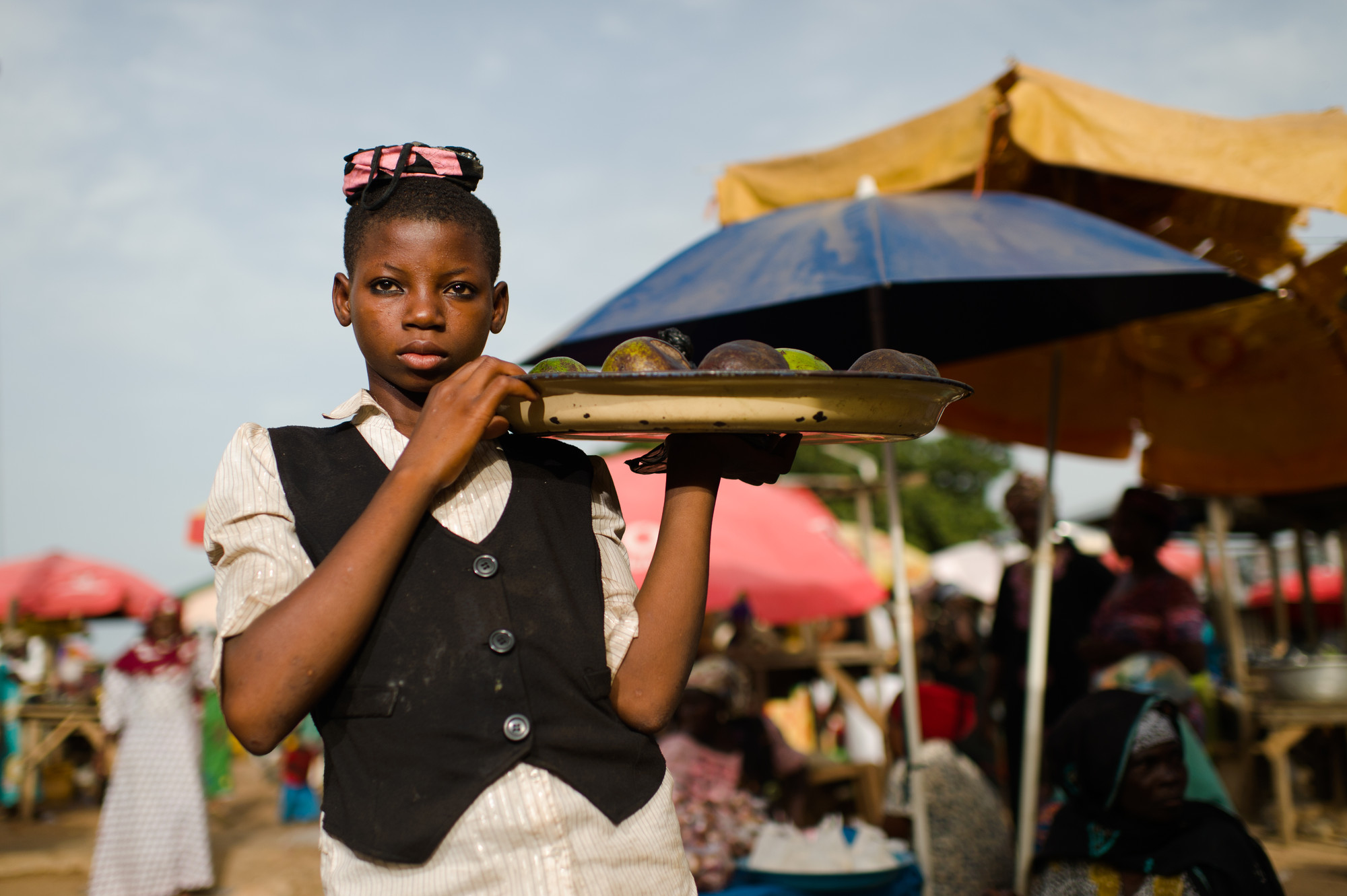“Significant concerns” have arisen from the Home Secretary, Priti Patel’s immigration bill amendments according to the Joint Committee on Human Rights, as well as there being potential for ‘racial discrimination.’ In September, the Home Office made the admission that the bill may not work, but that it was a justified means of reaching their intended goal, to fix a system that is “broken,” citing human trafficking and illegal entry into the UK as motivating issues to be tackled.
Refugee campaigners, as well as charities for refugees, have been in strong opposition to the bill, with Birmingham City of Sanctuary commenting to the BBC: “We stand against this bill because it totally ignores the realities of why people have to flee their countries. Instead of criminalising those who seek safety in the UK, we need to create safe and legal routes.”
The human rights group Freedom From Torture, comprised of four barristers led by Raza Husain QC, have concluded “This bill represents the biggest legal assault on international refugee law ever seen in the UK. The principle at the heart of the bill is the penalisation […] of those who arrive by irregular means to the UK to claim asylum, and the bill seeks to reverse a number of important decisions of the UK courts, including at the House of Lords and Court of Appeal level, given over the last 20 years.”
Among the controversial new powers granted in the Nationality and Borders Bill, it gives the Border Force the ability to divert vessels suspected of carrying illegal immigrants, as well as to grant Border Force immunity from prosecution if they fail to save lives at sea; a potential contravention of international maritime law that bestows a duty to rescue those who are in distress at sea.
The Law Society have published an article in response to the bill, which states that the bill is either directly or likely to “be incompatible with international law; damage access to justice, and; impact on the role of lawyers in immigration cases” and that “increasing the standard of proof for establishing someone is a refugee risks people who are genuinely fleeing persecution from be provided with the protection that they are entitled to.” Concerningly, the bill may be in contravention of the UN refugee convention as well as the European Convention on Human Rights as well as allowing for stateless children having their rights removed.
The draft Bill is currently undergoing legislative scrutiny by MPs, in a report that is critical of the Bill’s changes that will make it “more difficult for stateless children to acquire British nationality” – in contravention to UN conventions – as well as placing the “good character” requirement on children.


